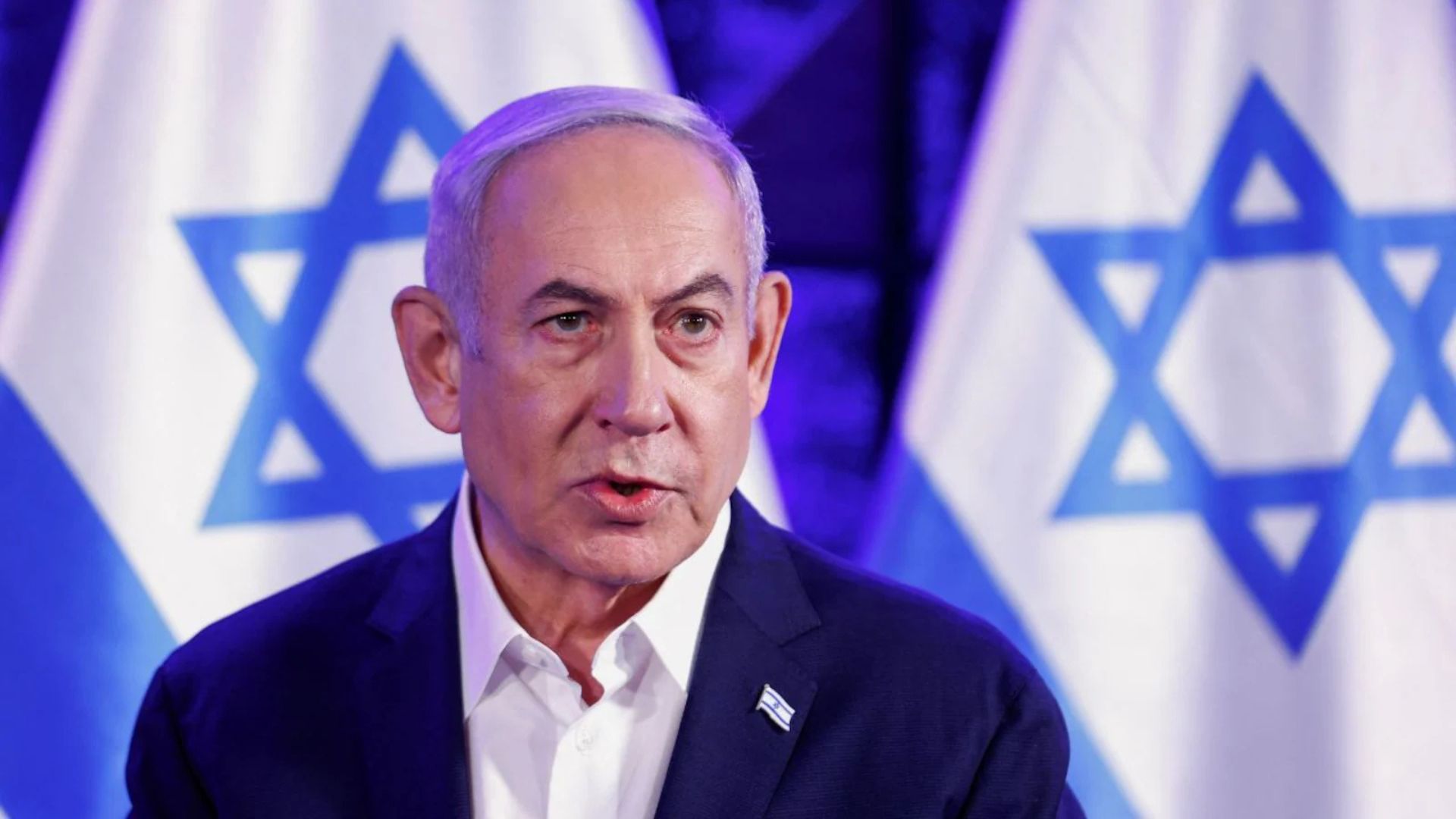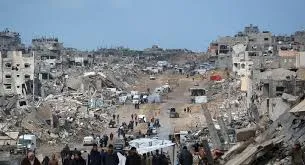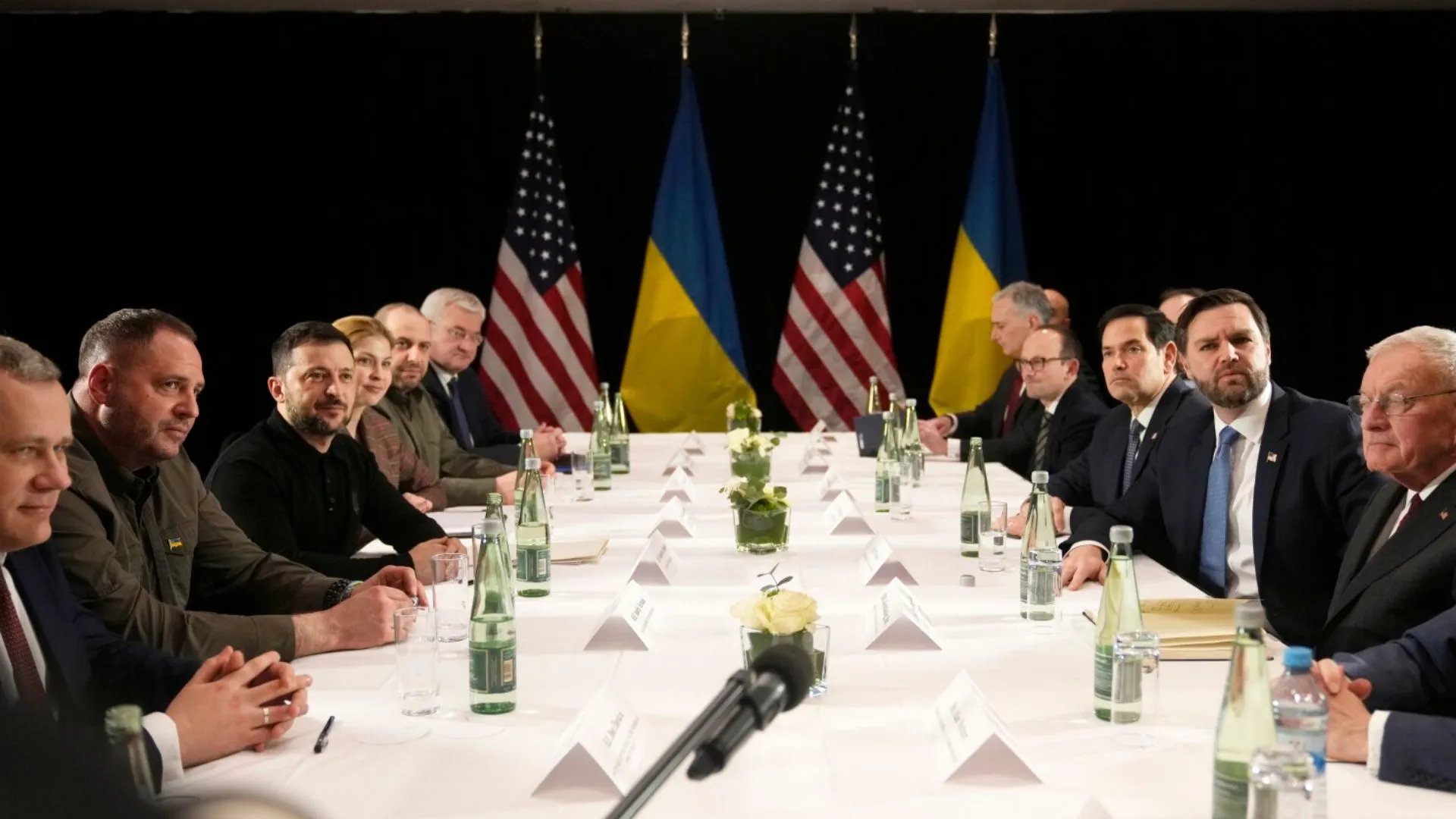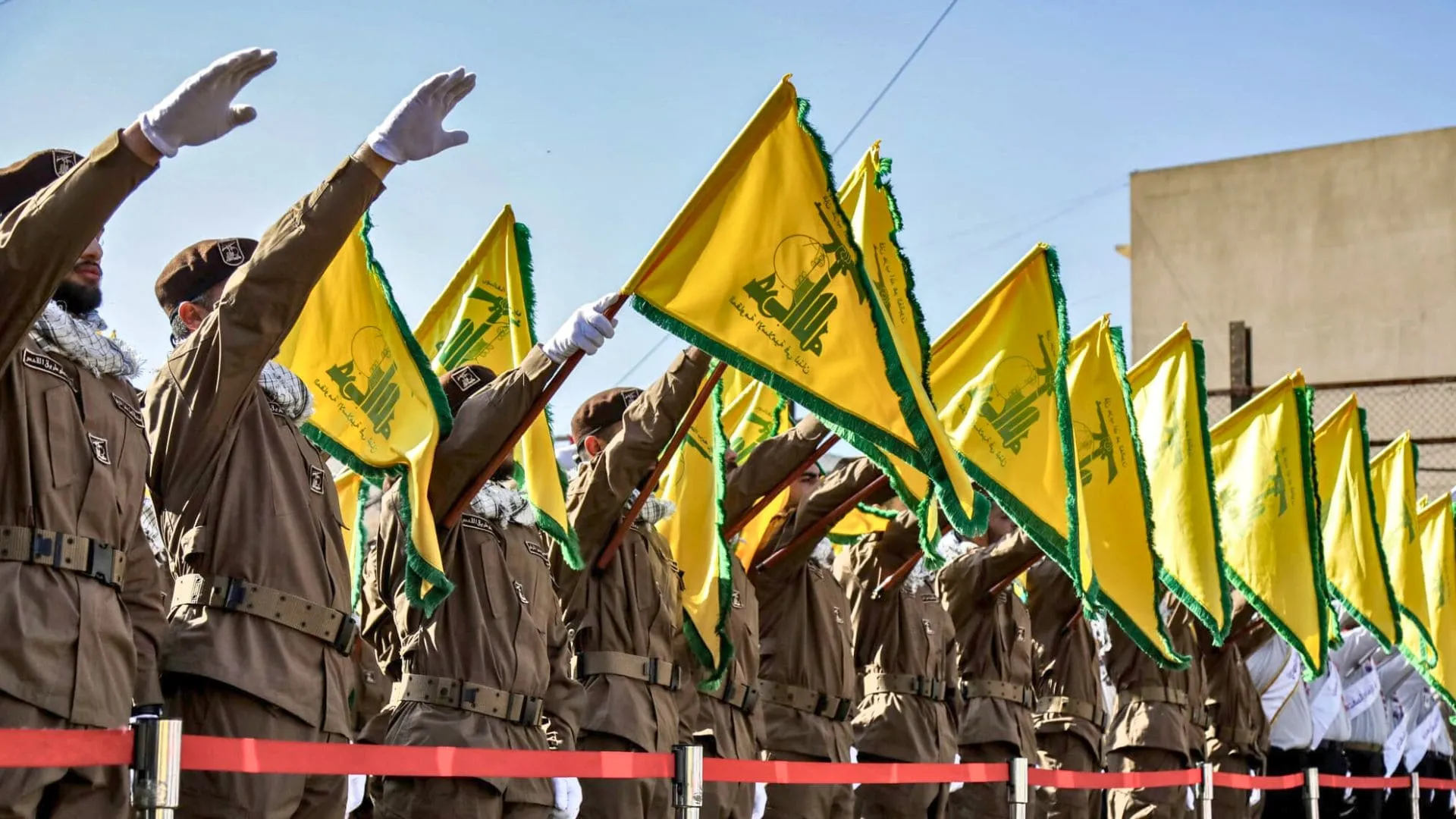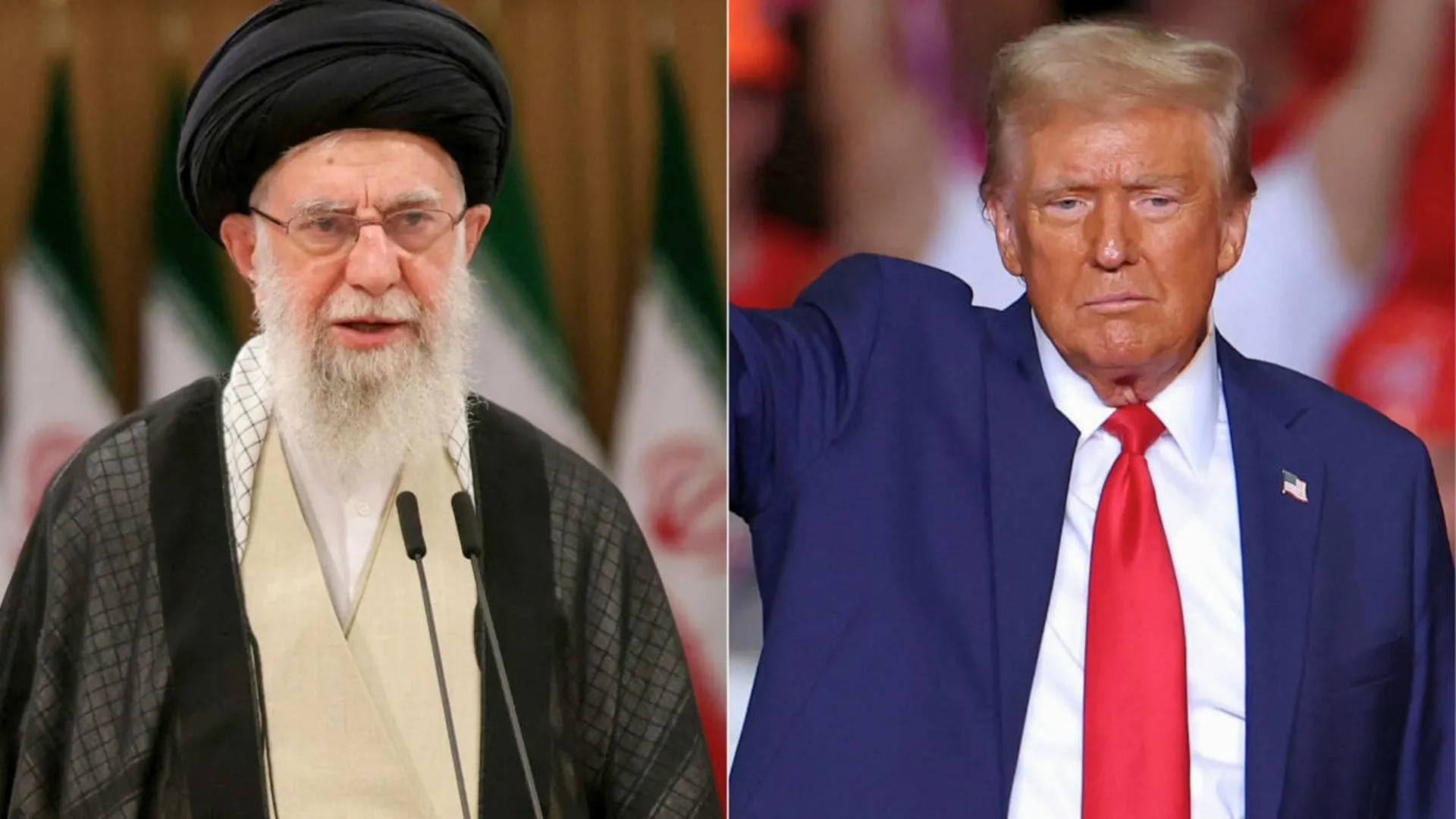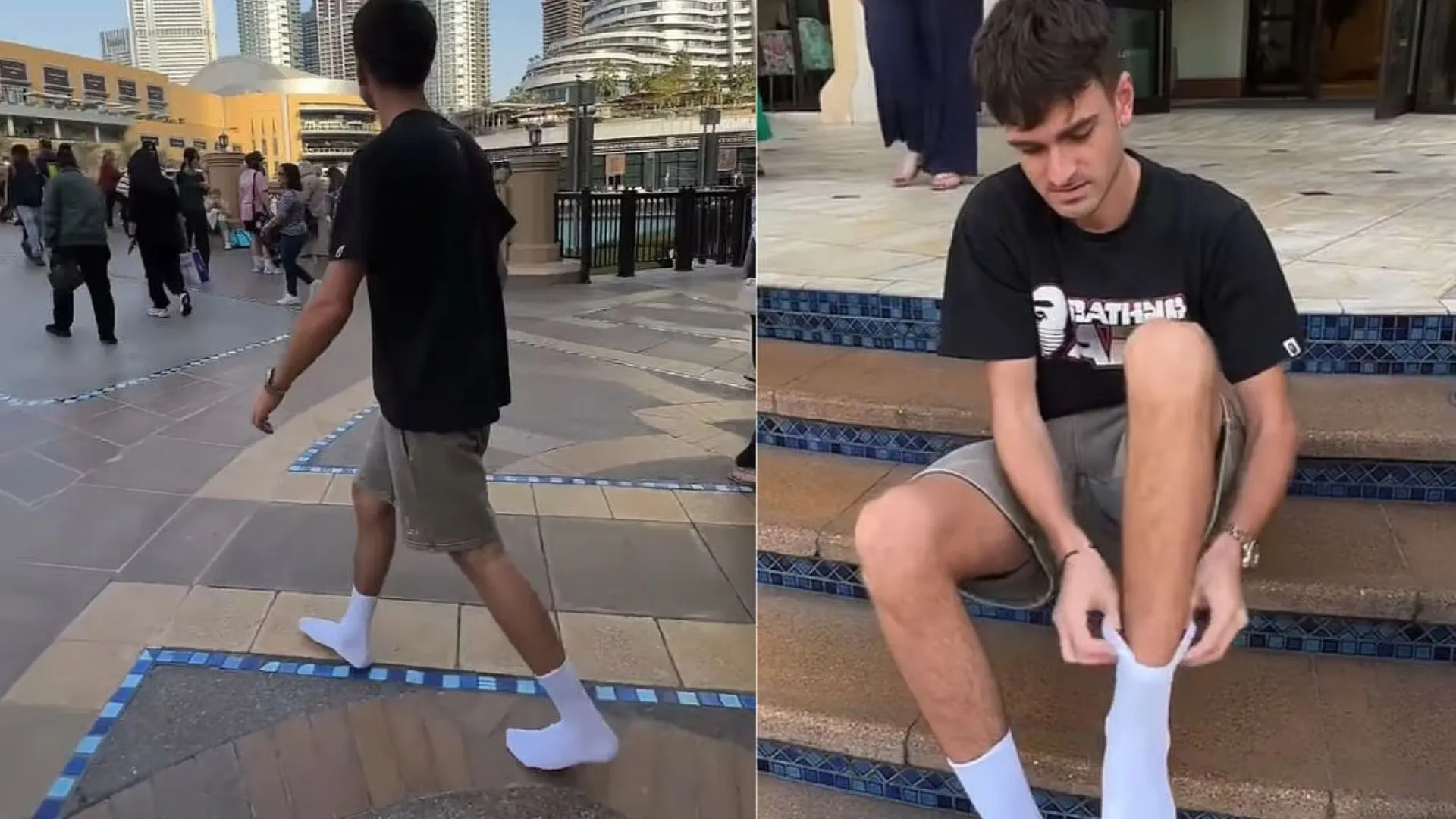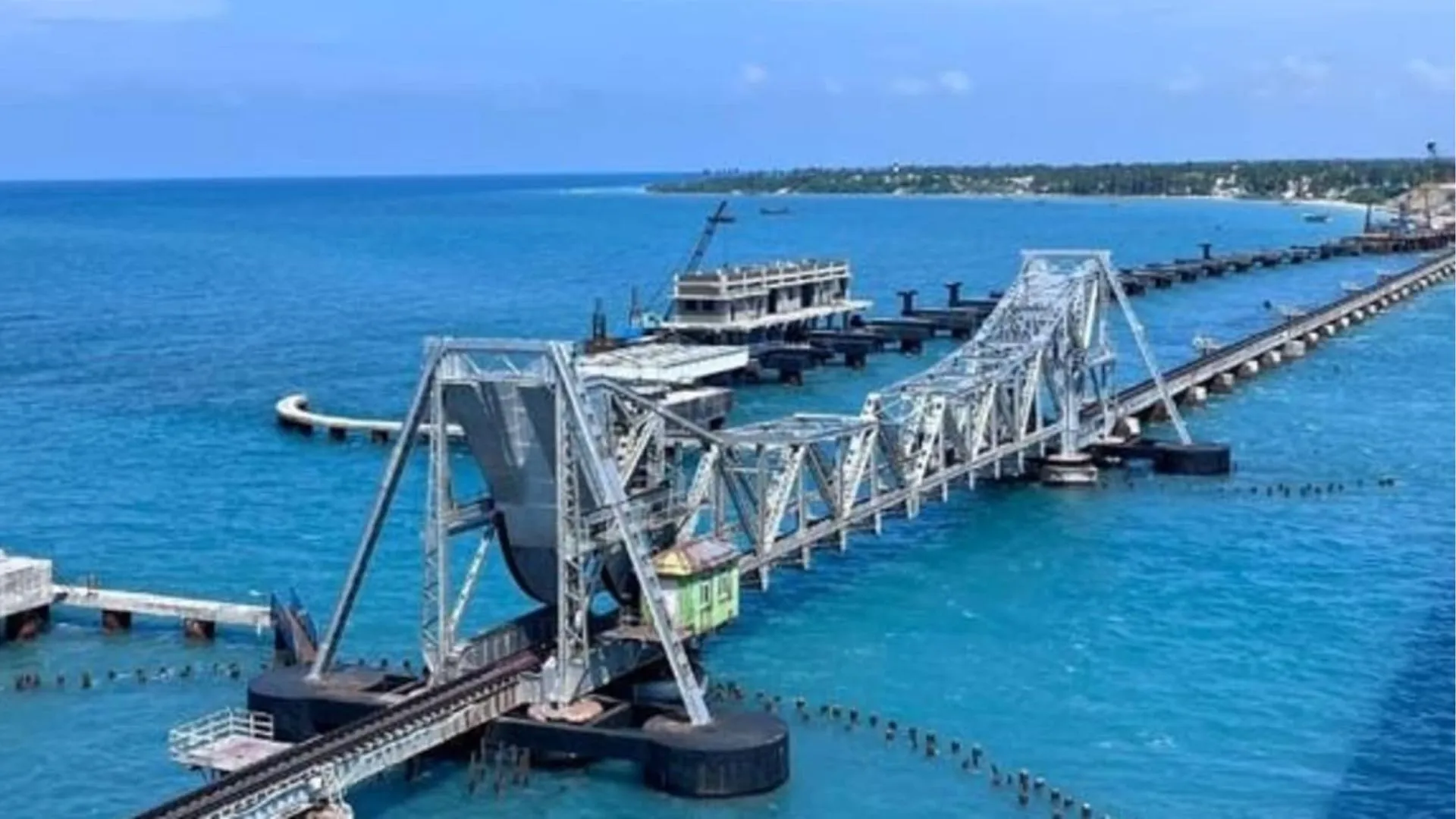Israeli Prime Minister Benjamin Netanyahu announced that the Gaza ceasefire, scheduled for 0630 GMT on Sunday, would not begin until Hamas provides a list of hostages to be released. This came just an hour before the ceasefire deadline. Hostages were expected to be freed soon after the ceasefire, marking a potential end to the 15-month conflict.
Prime Minister’s Directive
“The prime minister instructed the IDF (Israel Defense Forces) that the ceasefire, which is supposed to go into effect at 8:30 a.m., will not begin until Israel has the list of released abductees that Hamas has pledged to provide,” Netanyahu’s office confirmed.
Hamas’ Response
Hamas affirmed its commitment to the ceasefire, explaining that the delay in releasing hostages’ names was due to “technical field reasons.” Meanwhile, Israeli forces began withdrawing from Gaza’s Rafah area toward the Philadelphi corridor along the Gaza-Egypt border.
Instructions for Gaza Residents
Israeli military authorities urged Gaza residents to avoid Israeli troops and stay in place. They stated that further instructions would be issued once movement is allowed.
The Ceasefire Agreement
The ceasefire deal, brokered by Egypt, Qatar, and the U.S., followed months of negotiations. It was finalized just before U.S. President-elect Donald Trump’s inauguration on January 20.
Hostage Release and Prisoner Exchange
The three-stage ceasefire officially began at 0630 GMT on Sunday. During the first stage, 33 out of 98 remaining hostages, including women and children, will be freed. In return, nearly 2,000 Palestinian prisoners will be released.
U.S. Involvement and Ongoing Tensions
Brett McGurk, U.S. negotiator, praised the deal, with both President Joe Biden’s and President-elect Trump’s teams playing key roles in pushing it forward. However, questions about Gaza’s post-war future remain. Rebuilding efforts will require billions of dollars and years of work.
Israel’s Military Strategy
Israel has cleared large areas of Gaza, preparing for a possible buffer zone. The country has vowed that Hamas will not return to power. Though the release of hostages may calm public anger, Netanyahu faces pressure from hardliners in his government, who demand that the war continue.
Regional Impact
The war has caused shockwaves across the Middle East. It sparked conflict with Hezbollah and escalated tensions with Iran. The war has also resulted in nearly 47,000 Palestinian deaths, drawing international condemnation and war crimes allegations against Israel.

